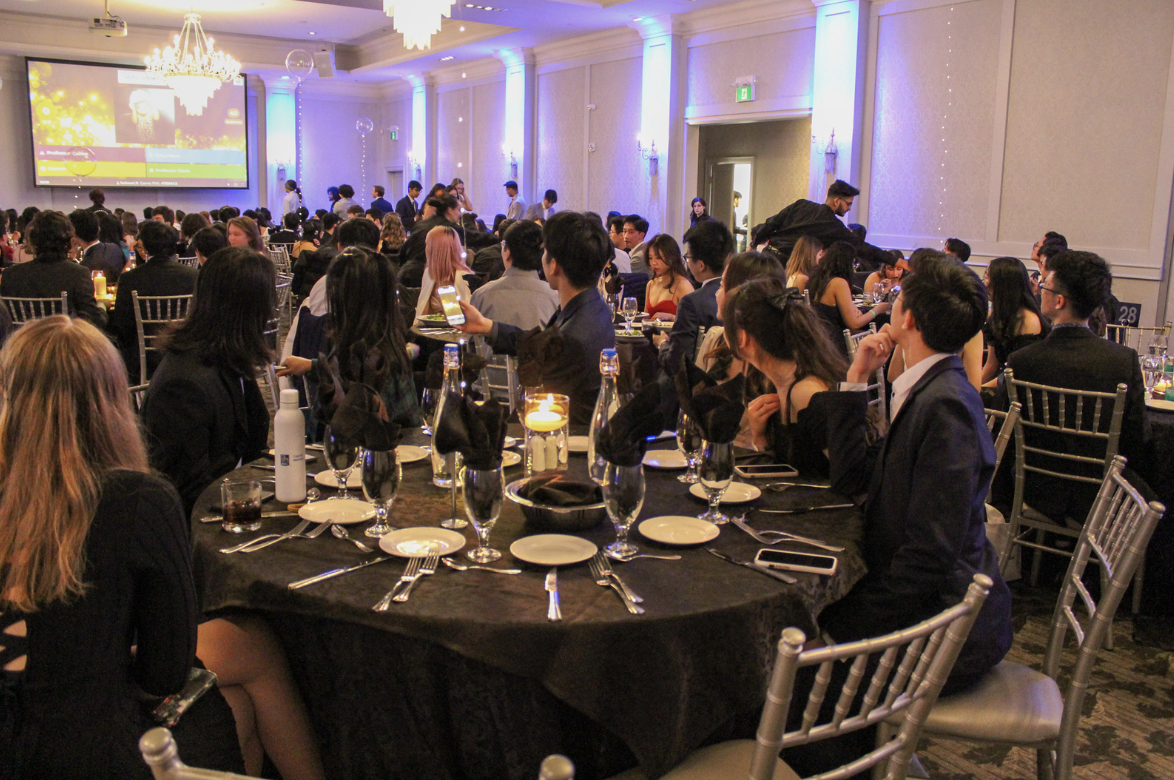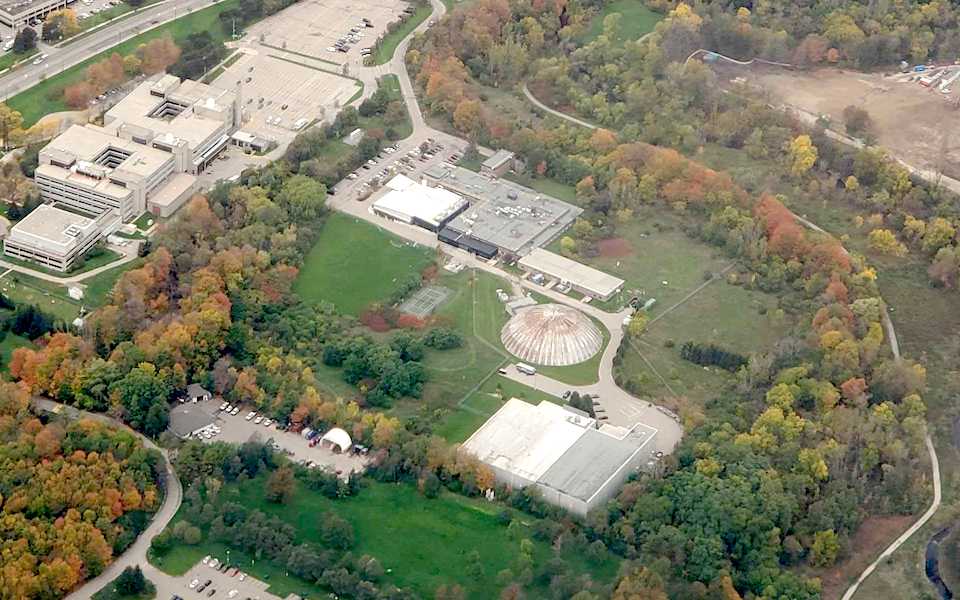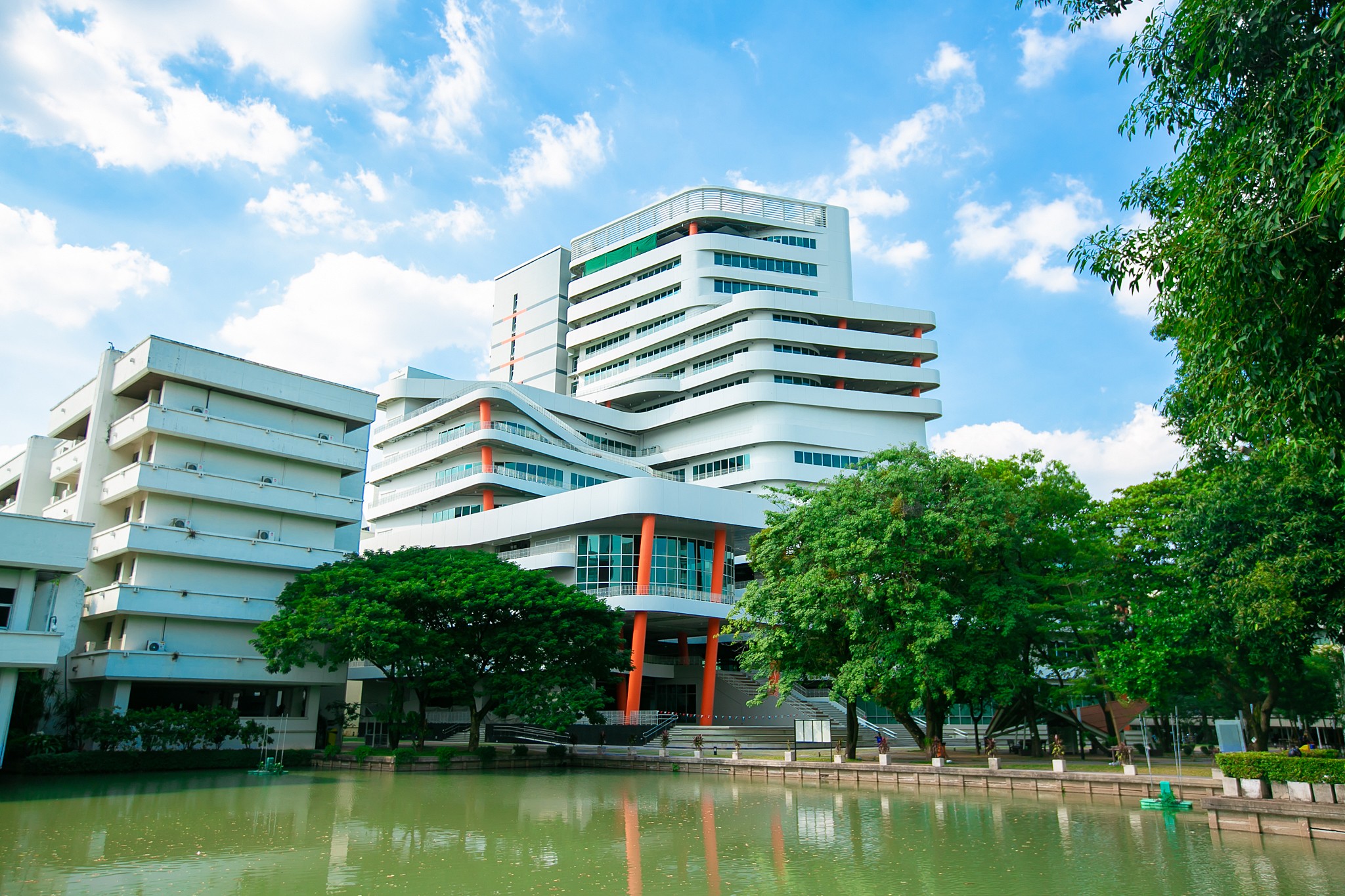Arnab Majumder
- From: Scarborough, Ontario
- (Intended) Major: Robotics Engineering
- Summer Plans: ESROP – Global at King Mongkut’s University of Technology Thonburi, Thailand
- Hobbies: Fishing and powerlifting
- Fun Fact: During his first semester, Arnab never did homework on weekends!
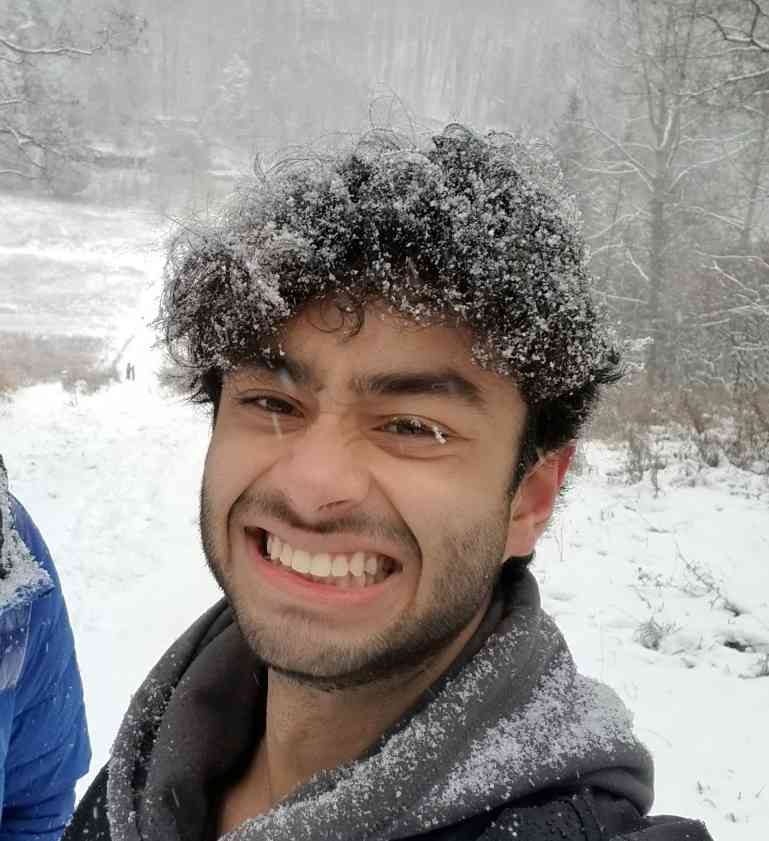
Why did you choose EngSci, and how did you find the academic transition from high school to university?
In high school I was in [the International Baccalaureate (IB) program], and FIRST Robotics was my primary extracurricular. I did a few other extracurriculars, like Computer Science Club and whatnot, but IB and Robotics were my primary commitments.
EngSci leaves a bunch of my options open; it was the best program that I got accepted into, and it was where I wanted to go. At U of T, I found first semester to be pretty ok and quite enjoyable, since I was already used to a very high workload in high school. During second semester, I couldn’t ride off my previous knowledge as much, and had to learn a bit more, but it was still very doable and manageable. I found MAT185 (Linear Algebra) to be especially challenging.
During first semester, I never worked on any weekends whatsoever, except when building the bridge for CIV102 (Structures and Materials). In second semester, I tracked how much work I did down to the hour; on average, I would spend a bit more than 40 – 55 hours per week on school, which included going to lectures. I thought that it was fully manageable, and similar to a full-time job.
Can you explain how you achieved your work-life balance?
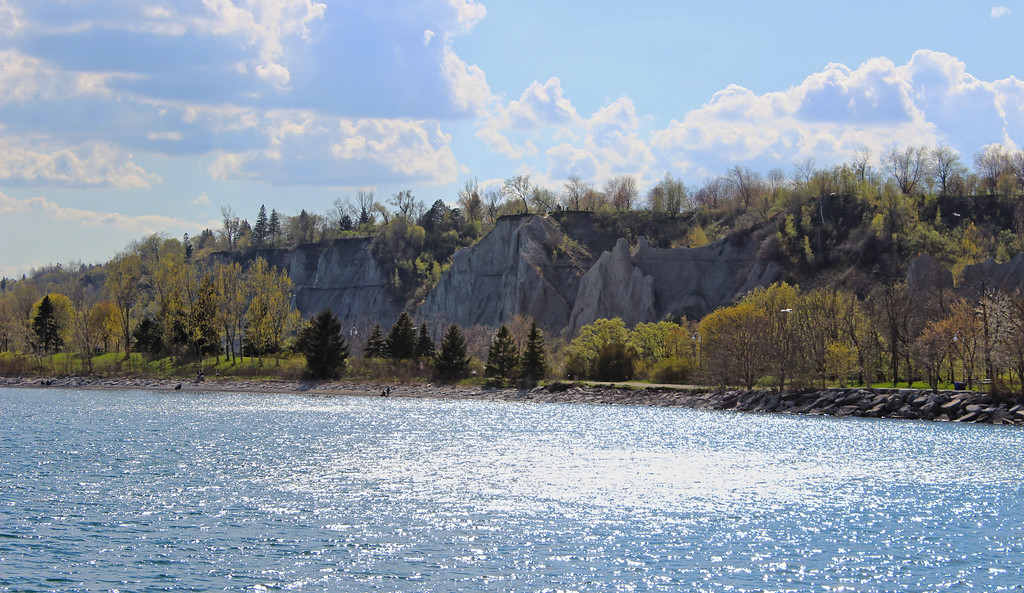
In the same way that people prioritize grades as their most important thing, I prioritized wellness and enjoying life. For me, that meant I had days off, during which I didn’t do any schoolwork; that allowed me to take weekends off, exploring the city and chilling out. However, that required me to work considerably harder throughout the week. It was all about time management; I averaged 10 hours of work per day (between school and extracurriculars) and tried to minimize my phone screen time. Honestly, I found that if I gave myself that break, I would work more efficiently, and I didn’t dread the prospect of work as much.
Aside from academics, what extracurriculars or personal projects did you do?
During first semester I was involved in the University of Toronto Aerospace Team’s (UTAT) Rocketry subdivision. I would go to their work sessions and meetings, but I’m not as involved in it anymore. On the weekends, I would go back to Scarborough and see my family, and sometimes fish with friends, mostly engaging in outdoor hobbies. And I’ve always been very consistent with going to the gym; during first semester this was slightly more difficult since I was getting adjusted to university and couldn’t maintain my old schedule, and I averaged 6 hours per week. During second semester I improved and averaged 10 hours per week. I also went on some outings with the U of T Outing Club.
Once winter break started, I did a few personal projects to improve my resume, so I learned about things that I found interesting, which in my case was artificial intelligence. I learned about neural networks and made my own from first principles. Then, I made a program to track workouts, which took me about a week total. Right after that, once I got my transcript from first semester, I started applying to jobs nonstop; I averaged 12 hours per week of just applying to jobs, and in the end, it was 78 jobs I applied to. I got four pre-recorded automated video interviews, and nothing after that. It was a little a little rough, and next time, I will apply to more jobs. Thankfully, I got the ESROP Global offer, which I accepted.
“Regarding ESROP Global, although I am fairly certain that I will not go into graduate school in the future, I definitely wanted to try the research opportunity. EngSci is the best in Canada for research, so why wouldn’t I at least try it?”
Also, hackathons, like UTRA Hacks and MakeUofT, end up being very fun in the end, especially with the nights in the common room with a bunch of your friends just trying to figure some stuff out that’s breaking your brain!
What will you do differently next year in terms of extracurriculars and other opportunities?
I want to be more involved in Skule extracurriculars. Because I was so involved in high school, I took a back seat in first year to give myself a break. During peak season, I would clock 40 hours per week in robotics, on top of IB. I did not give myself those breaks back then and I wanted one after that. But I want to get more involved next year; maybe I will join University of Toronto Formula Racing Team (UTFR) or a different part of UTAT. I learn a lot in class, but I have to do the extracurriculars to further apply my engineering knowledge.
I noticed that in second semester, I was giving myself too much time off, and because it wasn’t as easy as first semester, my grades started to drop a little bit. The whole hard rule of not working on weekends I’ll make lighter next year because at a certain point, you realize that if you work way too much in one day, your efficiency starts to drop, and then there’s diminishing returns.
What is the greatest advice you can give to incoming first-years?
“Quit doubting yourself! Have confidence in yourself; other people have done it; you can do it too. One’s confidence is proportional to their actual success in a way.”
When you’re surrounded by other people who can do it, you start thinking that you can do it too. I entered EngSci very doubtful, because people from my high school would come back and like say that “U of T Engineering was so hard.” I’m just trying to say that it’s not that bad; if you can manage your time, you can handle EngSci. Most of us do make it through in this program, and almost everybody passes. If you put in the work, you’ll get an outcome, and you can still have a life if you invest just a little bit of effort.
The primary thing I can think of is going on a 16-person road trip on a Monday to see the eclipse from 5 AM to 11 PM. As long as you can find your people, you’ll make amazing memories. Like in all honesty, in my 19 years of existence I would say that this has been the best year of my life. Basically, please take care of yourself; take care of your body, mental health, and hygiene. Then, your grades will be taken care of just like that.
What part of the EngSci experience itself also contributed to the social factor of EngSci?

During first semester with the CIV102 assignments were when I spent the longest in the common room; I had this weird challenge with one of my friends where we would do the entire assignment on the day that it released, every Thursday night. We started at 7 PM, and it didn’t matter whenever we ended, which was sometimes 2 AM.
“During exam season, studying in the common room was very helpful. Everyone bounces ideas off each other because everyone’s locked in at that point due to the pressure of exams. That’s when you start making really strong bonds with people, so if you really want to make some friends, just go to the common room.”
A lot of people will end up at Chestnut Residence. I didn’t live at Chestnut, but personally I didn’t find that to restrict my social life much because I lived really close to campus. The Chestnut groups are a lot stronger because they live with each other. You also mentioned that. Because you have classes with the same people, sometimes it can be a negative thing, like you don’t meet people outside of your program.
Also, EngSci events like Nocturne [the annual EngSci talent show] and the dinner dance were fun. You gain a very strong feeling of community, and Nocturne was a peak moment.
Finally, the Summer Orientation Program was very useful because that was where I socialized the most before EngSci; I knew no one going into EngSci from my area of Scarborough, and because of the Orientation Program, I went into EngSci already knowing, like, a hundred people, and it also helps with getting to know the campus.
